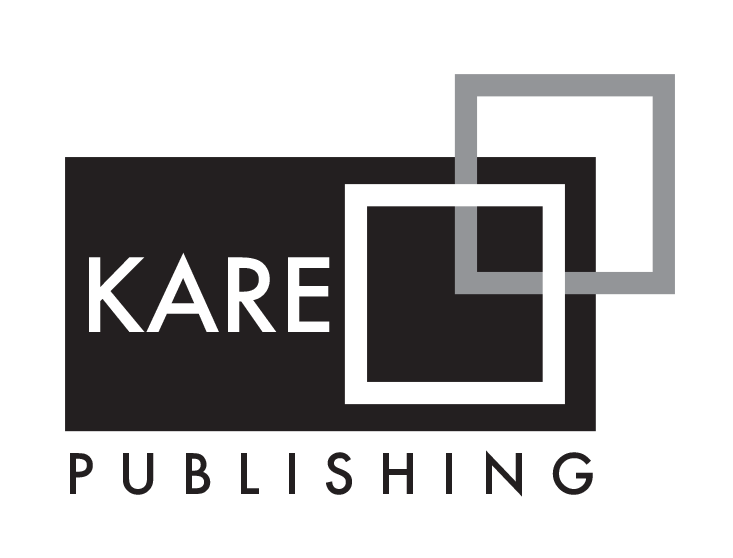2Department of Biochemistry, Faculty of Pharmacy, Hacettepe University, Ankara, Türkiye
Abstract
Introduction: Various studies have demonstrated a clear link between mucosa-adherent Escherichia coli and colorectal cancer (CRC). This in silico study aims to identify commonly differentially expressed genes in CRC cells treated with distinct E. coli strains, regardless of their pathogenicity.
Materials and Methods: The raw data from the GEO database were normalized with the Affy package in the R software. We used computational methods (limma analysis, linear regression analysis, hierarchical clustering, and gene set enrichment analysis) to identify the transcriptome alterations induced by E. coli O:157.H7 and E. coli K-12 strains.
Results: Out of the 80 genes that were significantly differentially expressed in both E. coli-treated groups, only three genes (HIST1H4E, JUN, and TMEM267) demonstrated a high correlation (r>0.9) with the incubation time. TMEM267 is downregulated as the incubation time increases whereas HIST1H4E and JUN become upregulated. In addition, we determined nine common genesets that were significantly enriched in the Caco2 cell line after treatment either with E.coli O:157.H7 or K-12 strains. Discussion and Conclusion: In this study, the changes in gene expressions resulting from the treatment of colon cancer cells with different E. coli strains were investigated. These findings highlight the potential impact of E. coli on cancer development and suggest that certain genes may play a role in mediating the effects of E. coli in the context of CRC. Further research is warranted to elucidate the underlying mechanisms and specific pathways involved in the interactions between E. coli and cancer cells.
2Hacettepe Üniversitesi Eczacılık Fakültesi Biyokimya Anabilim Dalı, Ankara, Türkiye
Amaç: Mukozaya adhere Escherichia coli (E. coli) ile kolorektal kanser arasında açık bir bağlantı olduğu birçok çalışmada gösterilmiştir. Bu in silico çalışmada, farklı E. coli suşları ile muamele edilen kolorektal kanser hücrelerinde, patojenitelerine bakılmaksızın, anlamlı olarak farklı eksprese edilen genlerin tanımlanması amaçlanmaktadır.
Araştırma Metodolojisi: GEO veri tabanından alınan ham veriler, R yazılımındaki Affy paketi ile normalleştirildi. E.coli O:157.H7 ve E.coli K-12 suşlarının neden olduğu transkriptom değişikliklerini belirlemek için farklı analiz yöntemleri (limma analizi, lineer regresyon analizi, hiyerarşik kümeleme, gen seti zenginleştirme analizi) kullanıldı.
Bulgular: Her iki E. coli suşu ile muamele edilen gruplarda anlamlı şekilde farklı ifade edilen 80 genden yalnızca üç gen (HIST1H4E, JUN, TMEM267) inkübasyon süresiyle birlikte yüksek bir korelasyon (r > 0.9) gösterdi. İnkübasyon süresi arttıkça TMEM267 aşağı regüle olurken HIST1H4E ve JUN yukarı regüle olduğu belirlendi. Ek olarak, E.coli O:157.H7 veya K-12 suşları ile muameleden sonra Caco2 hücre hattında önemli ölçüde zenginleştirilmiş 9 ortak gen seti belirlendi.
Sonuç: Bu çalışmada, kolon kanseri hücrelerinin farklı E.coli suşları ile muamele edilmesi sonucunda gen ekspresyonlarında meydana gelen değişimler incelenmiştir. Bu bulgular, E. coli'nin kanser gelişimi üzerindeki potansiyel etkisini vurgulamakta ve E. coli etkisiyle kolorektal kanser bağlamında belirli genlerin rol oynayabileceğini düşündürmektedir. E. coli ve kanser hücreleri arasındaki etkileşimlerde yer alan altta yatan mekanizmaları ve spesifik yolları aydınlatmak için daha fazla araştırmaya ihtiyaç vardır.

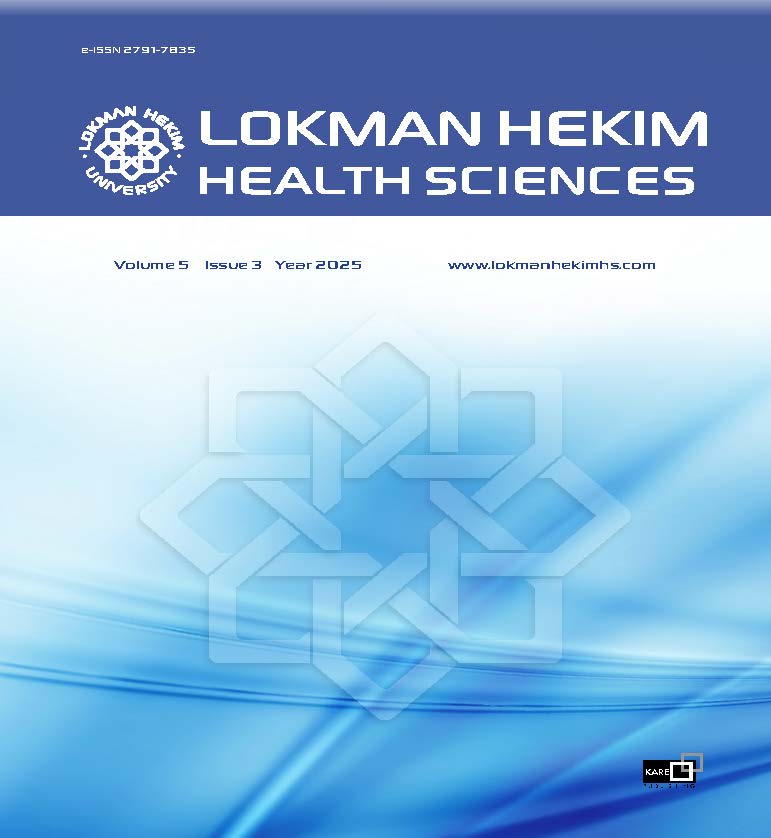
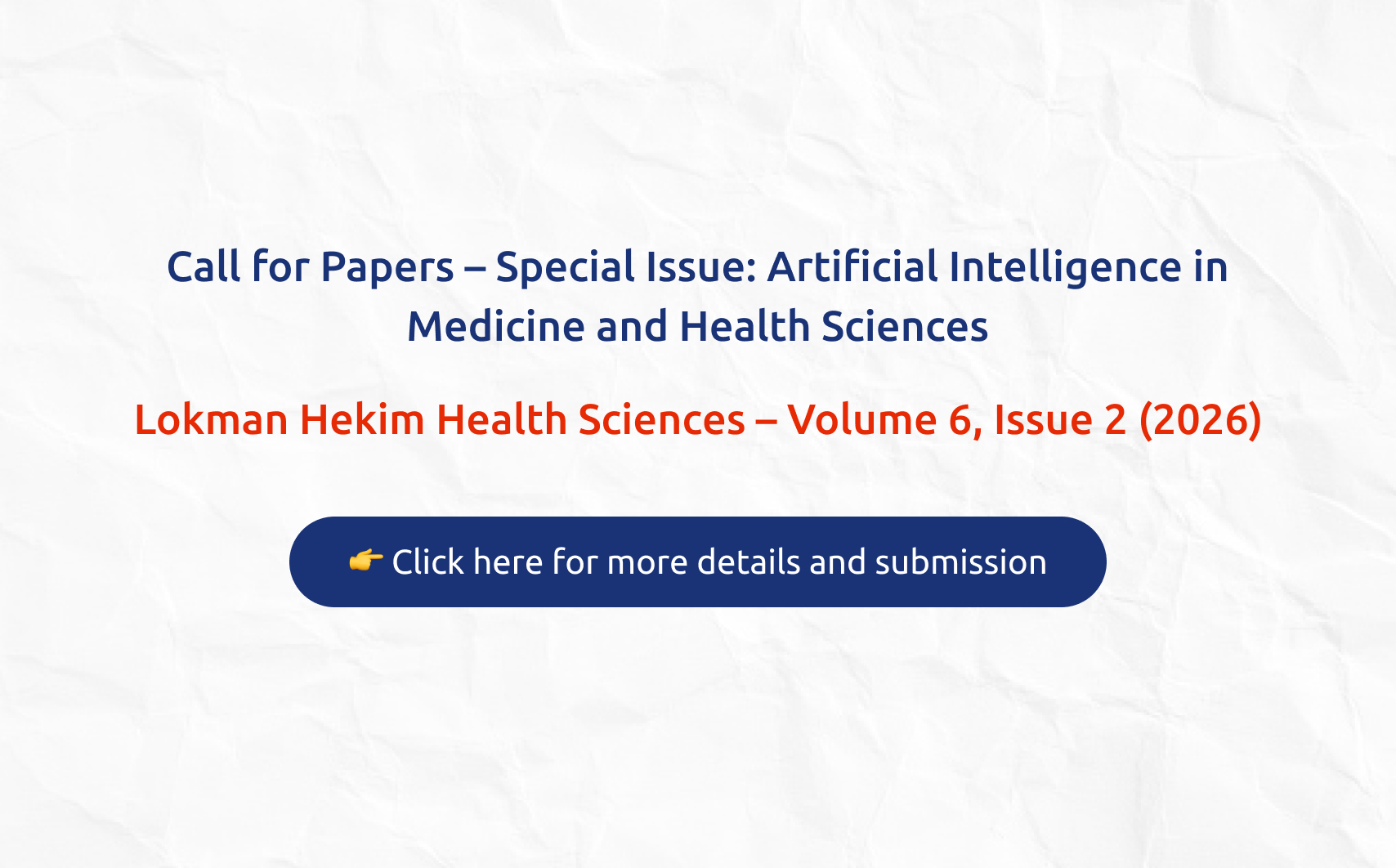
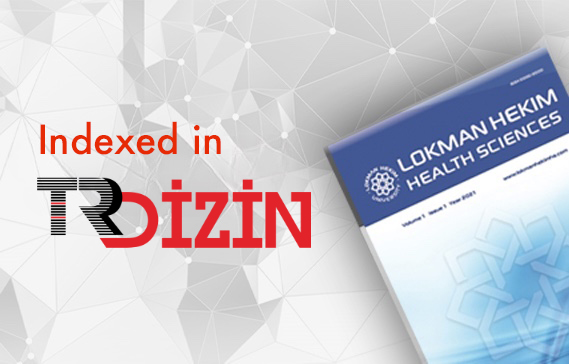
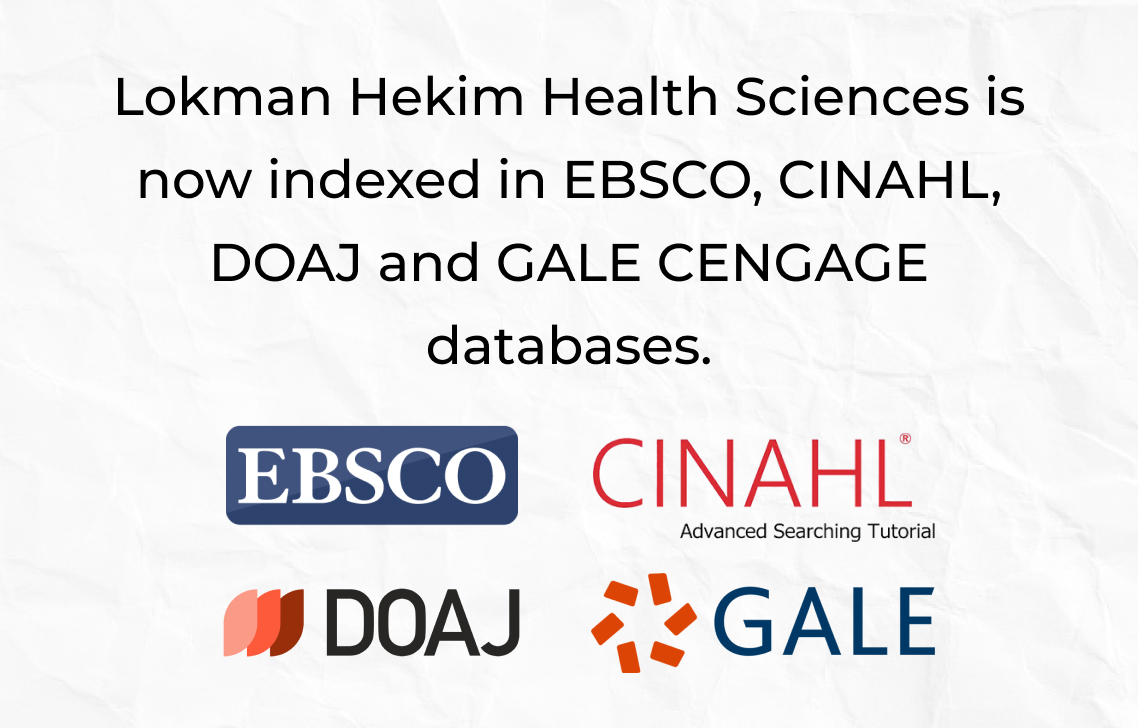
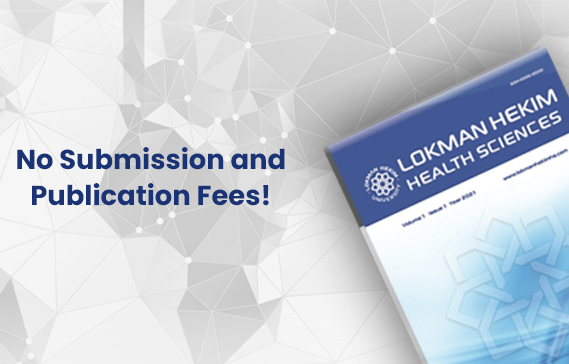
 Ayşegül Yılmaz1
Ayşegül Yılmaz1 









